One of the hottest topics of discussion at AIDS 2012 was that of HIV criminalization, both in the U.S. and internationally. Throughout the conference, there were multiple sessions, panels, and presentations on the topic – which in turn led to a lot of discussion about it amongst the HIV+ participants of the conference.
One of the most interesting conversations I was privy to during the conference was about some information from the Sero Project’s National Criminalization Survey. Laurel Sprague is the project’s research director and leading investigator, and she presented it at the conference. This survey consisted of 2,076 self-identified HIV+ people from across the U.S. and was meant to get a sense of the views held by HIV+ people about criminalization.
Some of the most shocking data came out of Sprague’s presentation including that nearly 40% of survey participants reported that they’d worried a few times or frequently about being falsely accused of non-disclosure. Furthermore, among the transgender respondents, this number was closer to 60%. The data also shows that nearly half of the respondents believe their state would not, or probably would not, give them a fair hearing if charges of HIV non-disclosure were lodged against them. Perhaps most disturbing, given the number of cases of prosecution in the U.S., is that more than 60% were uncertain whether their state even had disclosure laws when it comes to sex and HIV. There is also widespread confusion as to what constitutes actions or accusations which could subject an HIV+ person to prosecution amongst the survey participants.
For me, HIV criminalization is an issue which I am very interested in because when I was first diagnosed with HIV in 2005, I was advised by numerous people in my life to look into, and if possible, pursue legal proceedings against the man who infected me. Whenever it was suggested to me, it was difficult to not consider it, especially coming from Massachusetts, where HIV criminalization exists, though it’s relatively uncommon, particularly in comparison to other states where criminalization rates are highest, such as in South Dakota, Mississippi, and Oklahoma. Yet at the end of the day, the adjustment to my diagnosis and my struggles to come to terms with my transgender identity, took precedence over pursuing legal action.
So to hear a report that so many members of my community in the U.S. are not being educated about the state of criminalization in the U.S. is a bit disheartening. It seems that there is an opportunity for HIV+ people and lawmakers to educate themselves on the current legal and scientific issues facing the HIV/AIDS community in the U.S. and to push for changes to these laws to make them better reflect the current scientific understanding of the disease, its modes of transference, and the associated risk with various sexual and behavioral activities. This is exactly why Congresswoman Barbara Lee (D-CA) introduced a bill, H.R. 3053, in September 2011 to address the issue of discrimination in criminal and civil law for HIV+ individuals. The bill would require a full review of federal and state laws around HIV disclosure and criminal liability, with an emphasis on having the laws reflect the current scientific knowledge about how the virus is passed; the development of best practices for the issue, and provide guidance, feedback, and follow-through at all levels of the government to ensure these new guidelines are followed and met.
In the many discussions I had on criminalization in the U.S., one thing was abundantly clear: That the responsibility for safer sex falls upon both partners, not just the person with HIV. This sentiment was echoed to me by HIV+ women and men from around the globe. The issue of disclosure is a tough one, but laws which criminalize behaviors which pose no risk of HIV transmission, only exposure, are incredibly demeaning and stigmatize people living with HIV. Perhaps this is where so much of my personal anger on this issue comes from – it was information, such as that found in these laws, which formed the basis of my opinion around HIV before I became infected. Now, as a more educated HIV+ transwoman, I am determined to see change come to these laws.
Sprague’s research shows that the fear of criminal prosecution is not the largest motivator for HIV+ people to disclose their status. The majority of respondents answered that they disclose their status because it’s the right thing to do, because they want to be honest and not cause harm to another human being, and because they want to protect their partner. To me it shows that as a community, most people living with HIV want to protect those who are HIV- from the virus. We all want to see Hillary Clinton’s promise of an AIDS-free generation come to fruition, but with laws which drive us to not get tested, to not seek treatment, or to avoid intimate contact with another person altogether, this promise can never be fulfilled.
This blog was originally posted on the U.S. Positive Women’s Network website during AIDS 2012.


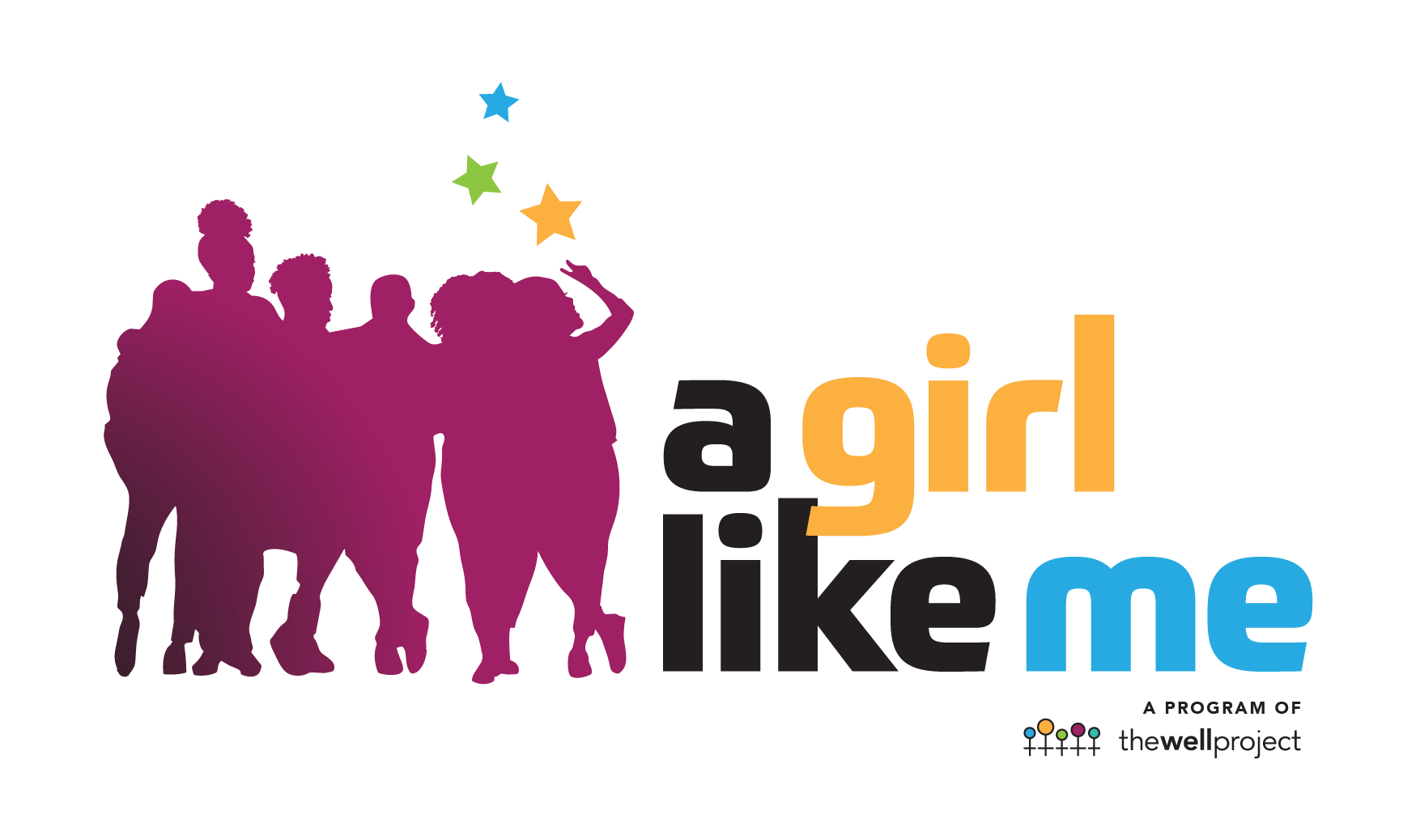






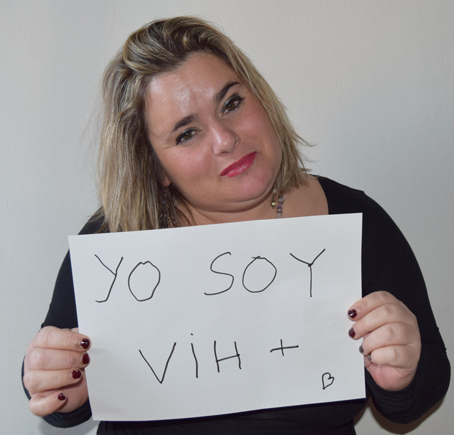



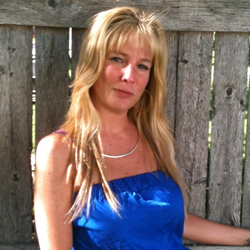


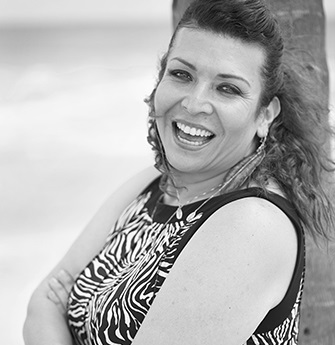

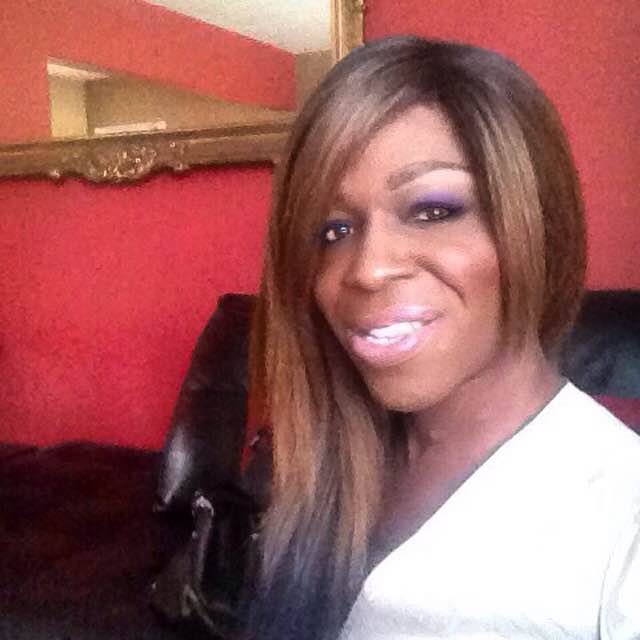



HI
How can i become a contributor on this website?
thanks
christopher